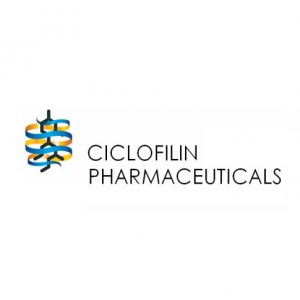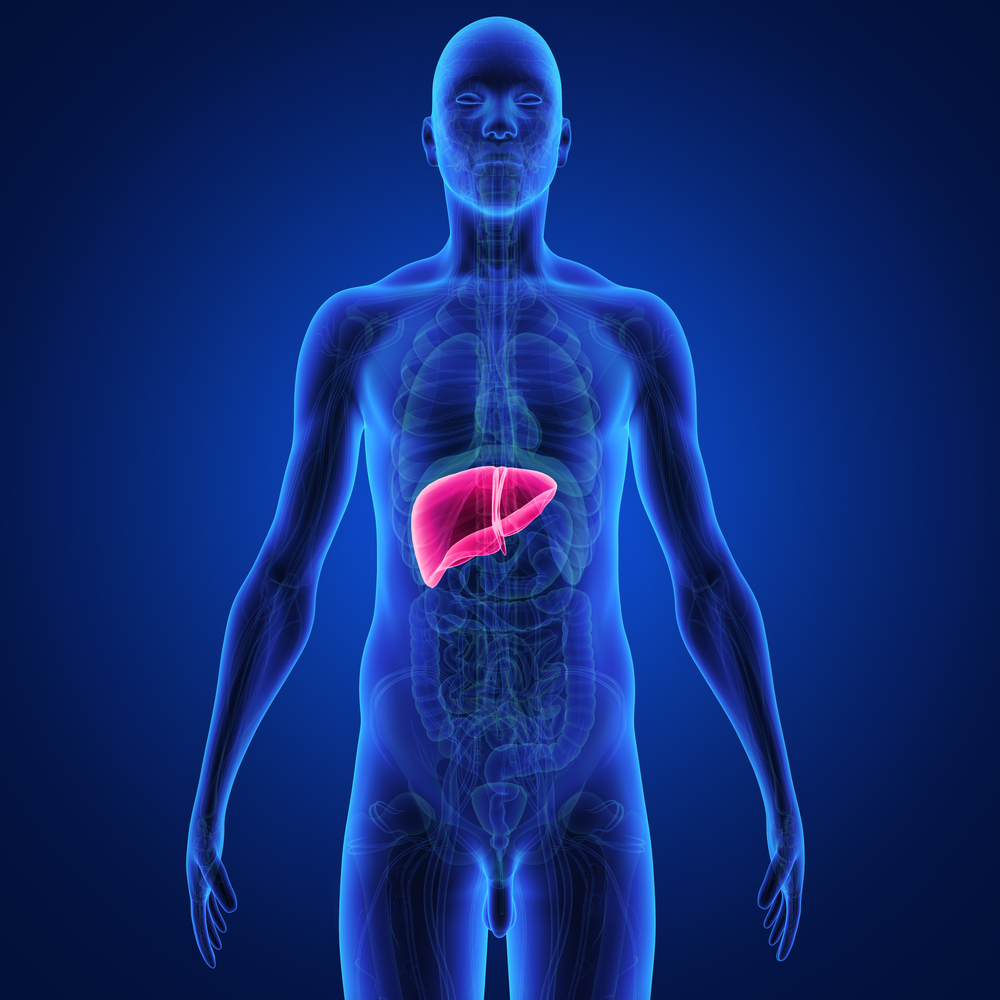 Ciclofilin Pharmaceuticals, Inc., a biotechnology company based in San Diego, California committed to developing broad spectrum, antivirals has recently announced that Philippe Gallay of the Scripps Research Institute will be presenting a co-authored abstract at the European Association for the Study of the Liver (EASL) titled “Novel Cyclophilin Inhibitor CPI-431-32 Shows Broad Spectrum Antiviral Activity By Blocking Replication of HCV, HBV and HIV-1 Viruses.” Gallay will be representing his colleagues and the company at the EASL, which will be held from April 22 to 26 in Vienna, Austria.
Ciclofilin Pharmaceuticals, Inc., a biotechnology company based in San Diego, California committed to developing broad spectrum, antivirals has recently announced that Philippe Gallay of the Scripps Research Institute will be presenting a co-authored abstract at the European Association for the Study of the Liver (EASL) titled “Novel Cyclophilin Inhibitor CPI-431-32 Shows Broad Spectrum Antiviral Activity By Blocking Replication of HCV, HBV and HIV-1 Viruses.” Gallay will be representing his colleagues and the company at the EASL, which will be held from April 22 to 26 in Vienna, Austria.
CPI-431-32 functions by targeting and inhibiting the host cellular enzyme cyclophilin A (CyPA), which in turn is responsible for the activation of viral proteins crucial for hepatitis C virus (HCV), hepatitis B virus (HBV), human immunodeficiency virus type 1 (HIV-1) and its life cycles. By understanding the way cyclophilins can actually mediate the viral replication process, Ciclofilin developed CPI-431-32, a host-targeting antiviral that can address treatment for HCV, HBV, HIV-1 and co-infection with multiple of these viruses at the same time.
According to estimates, there are about 1.4 million individuals infected with HIV in the United States, nearly 4 million infected with HCV, and about 2 million suffering from chronic HBV. A minimum of 520,000 patients are co-infected (HIV/HBV, HIV/HCV, HBV/HCV). Hepatitis is a condition defined by the inflammation of the liver and it can result in fibrosis and cirrhosis.
Robert Foster, the company’s CEO, said in a press release: “We are very pleased to have been selected to present our data at the upcoming prestigious EASL meeting. This congress allows us the opportunity to highlight our drug development program in difficult-to-treat co-infection to the global medical and scientific community.”
Philippe Gallay, leading author and researcher from the Scripps Research Institute in San Diego, also commented: “It is indeed rare to find a candidate medicine that can destroy more than one virus at the same time. The data strongly suggests that cyclophilin inhibition could form an important foundation of future drug therapy combinations, especially in co-infected patients.” He will be presenting with colleagues Udayan Chatterji, Michael Bobardt, Daren Ure, Daniel Trepanier, Robert Foster, and Cosme Ordonez.

